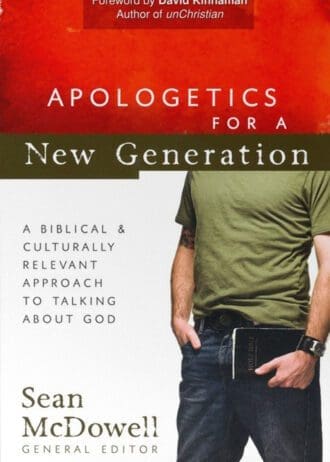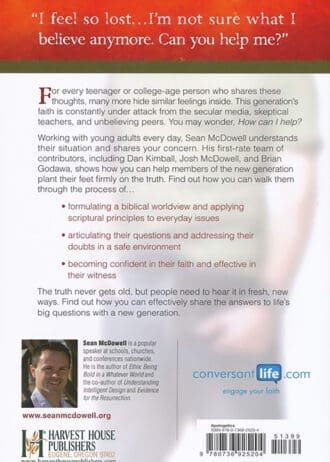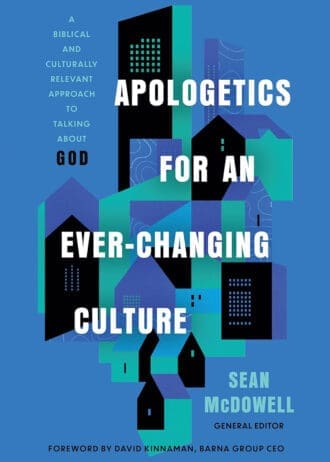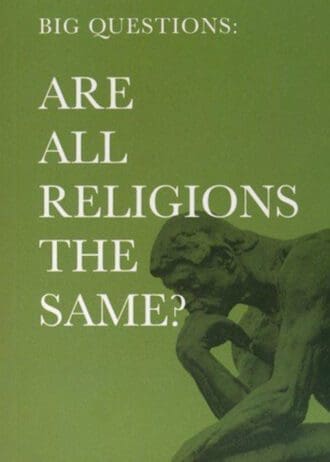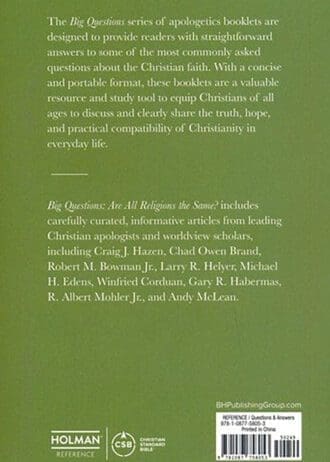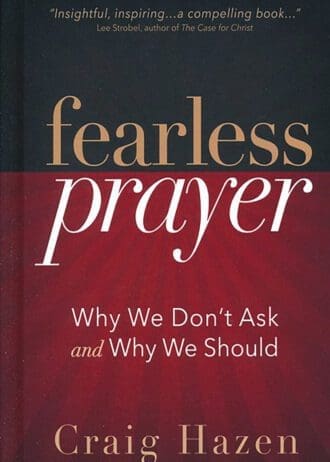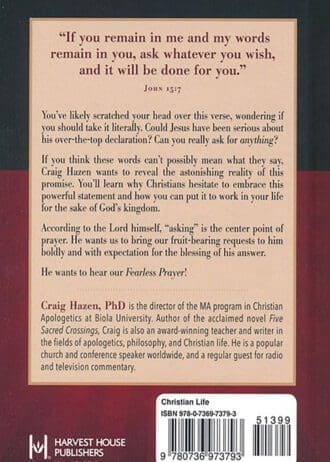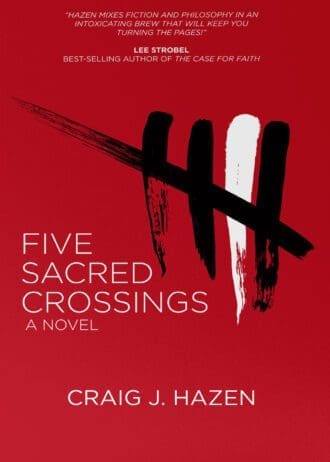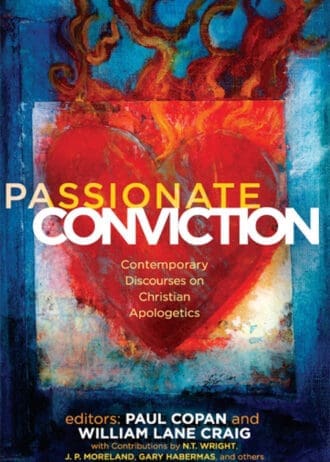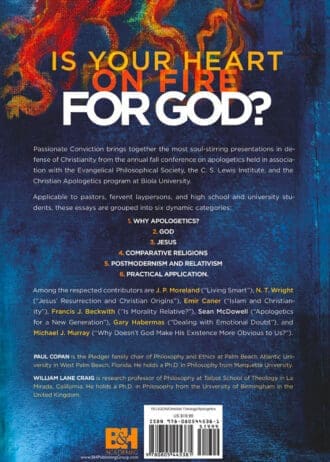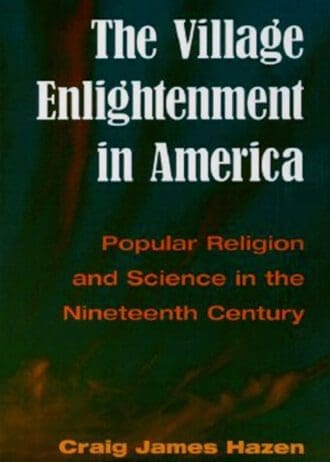Apologetics for a New Generation: A Biblical & Culturally Relevant Approach to Talking About God
Many teenagers leave home for college but don’t take their faith with them. Popular writer and speaker Sean McDowell offers a solution for this problem: a new way of approaching faith that addresses the questions the emerging generation is asking and that incorporates a radically humble and relational approach. This resource is imperative for leaders who are ready to engage a new generation with the claims of Christ.

